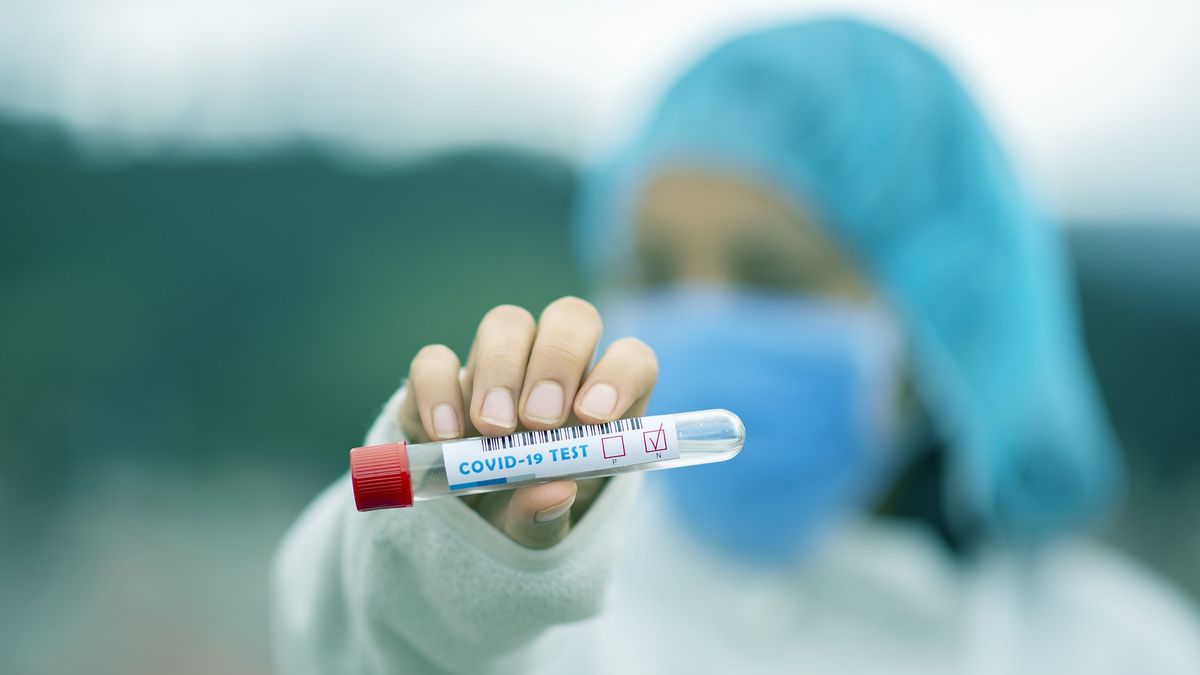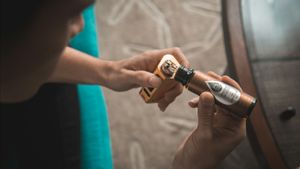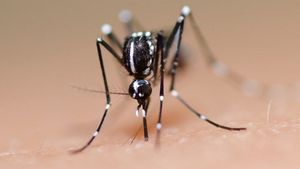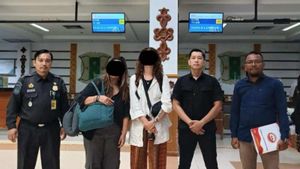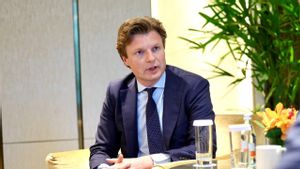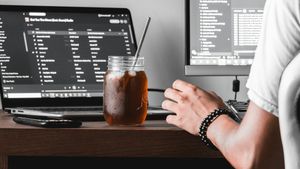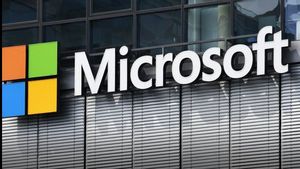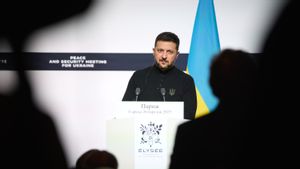JAKARTA - Countries that are trying to contain the second wave of COVID-19 have begun to intensify antigen testing so that testing is carried out faster and cheaper, even though it is less accurate. Another pressure on why many countries carry out antigen tests is that the waiting time for polymerase chain reaction (PCR) results is getting longer along with the increase in COVID-19 cases.
Germany, for example, a country that experienced a surge in COVID-19 cases by 4,122 people on Tuesday, has secured nine million antigen test kits. That's enough to test 10 percent of the country's population.
An antigen test can give immediate results in a matter of minutes. In Germany the test costs around 5 euros, or around Rp.87,000 per test kit.
Apart from Germany, the United States (US) and Canada have also purchased millions of antigen test kits. Italy's recent tender to purchase test kits for 5 million tests attracted bids from 35 companies.
The Robert Koch Institute (RKI) from Germany recommended an antigen test to complement the molecular PCR test which has become the standard for assessing active infections, Reuters launched on Wednesday, October 14. The antigen test is an alternative because PCR makes the laboratory full. The full laboratory makes the test results come out longer.
The PCR test detects genetic material in the virus while the antigen test detects proteins on the surface of the virus. Both are intended to detect active infections. The antigen test is also claimed to detect antibodies that the body produces in response to infection and can help find out if someone has had COVID-19 in the past.
Like the PCR test, the antigen test requires an uncomfortable nasal swab. However, the drawback of this test is that it can produce "false negatives", prompting some experts to recommend that the antigen test be used only in an emergency.
However, the increase in the number of new COVID-19 cases globally means health officials are desperate for more options as winter-induced influenza season approaches. The World Health Organization (WHO) reported more than 2 million new cases last week, bringing the total worldwide COVID-19 cases to 37 million, with more than 1 million deaths from COVID-19.
"This test can make a big difference," said Gerard Krause, director of the epidemiology department at Germany's Helmholtz Infection Research Center.
In addition, antigen tests are gaining traction in the travel industry. Italian airline Alitalia is offering Rome-Milan flights exclusively to passengers with negative tests and German Lufthansa has announced plans for testing using an antigen test.
Find a quick test method
The enormous scale of the pandemic has also put pressure on countries' ability to test all their citizens. This made it difficult for them to comprehensively trace the winding path of transmission and prevent wave 2 of COVID-19.
In the US, for example, reliance on PCR during the summer is frustrating for many patients. They have to wait for the results for a week or so. Testing in Europe has also been disrupted.
France conducts more than one million tests a week but its free testing policy causes long queues and delays in results. That prompted researchers in France to create a test that they say can show results in 40 minutes, without using a swab.
Italy conducts between 800,000 and 840,000 tests a week, more than double the test in April, according to the Italian Ministry of Health. But a government adviser, University of Padua microbiology professor Andrea Crisanti, said Italy needs 2 million tests a week to actually contain COVID-19.
In the Netherlands, where infection rates are among the highest in Europe, the government has gone to great lengths to expand weekly testing and use antigen testing. The Dutch target is nearly half a million tests per week by December. But people have had to wait days to get tested for COVID-19.
The Dutch authorities blamed the excessive demand from those without obvious symptoms for clogging up the system. In response, the authorities have restricted antigen testing to prioritizing health workers and teachers. Others are on the waiting list.
Renowned Swiss medical company Roche announced plans to launch a new antigen test at the end of the year. The test kits are known to be processed in the lab for up to 300 tests per hour, excluding collection time. Rivals Siemens Healthineers, Abbott Laboratories and Becton Dickinson also offer a wide range of diagnostic tests for COVID-19.
Roche said the test could be applied in places like nursing homes or hospitals, where a quick result could thwart a potentially deadly outbreak. The Basel-based company said it could carry out about 50 million new tests a month by early 2021.
"The primary use is testing in symptomatic patients," said a Roche spokesman. "Secondary use is testing individuals with suspected infection which can also include asymptomatic patients."
Although there are faster antigen test kits, people should refrain from using them as a substitute for PCR testing. Because after all, the antigen test is not as accurate as PCR. Again, antigens are used for emergencies only.
"The PCR test remains the gold standard," said Sandra Ciesek, director of the Institute of Medical Virology at the University Clinic, Frankfurt. "The antigen test should only be used as an alternative if PCR is not possible at the right time," he concluded.
The English, Chinese, Japanese, Arabic, and French versions are automatically generated by the AI. So there may still be inaccuracies in translating, please always see Indonesian as our main language. (system supported by DigitalSiber.id)
